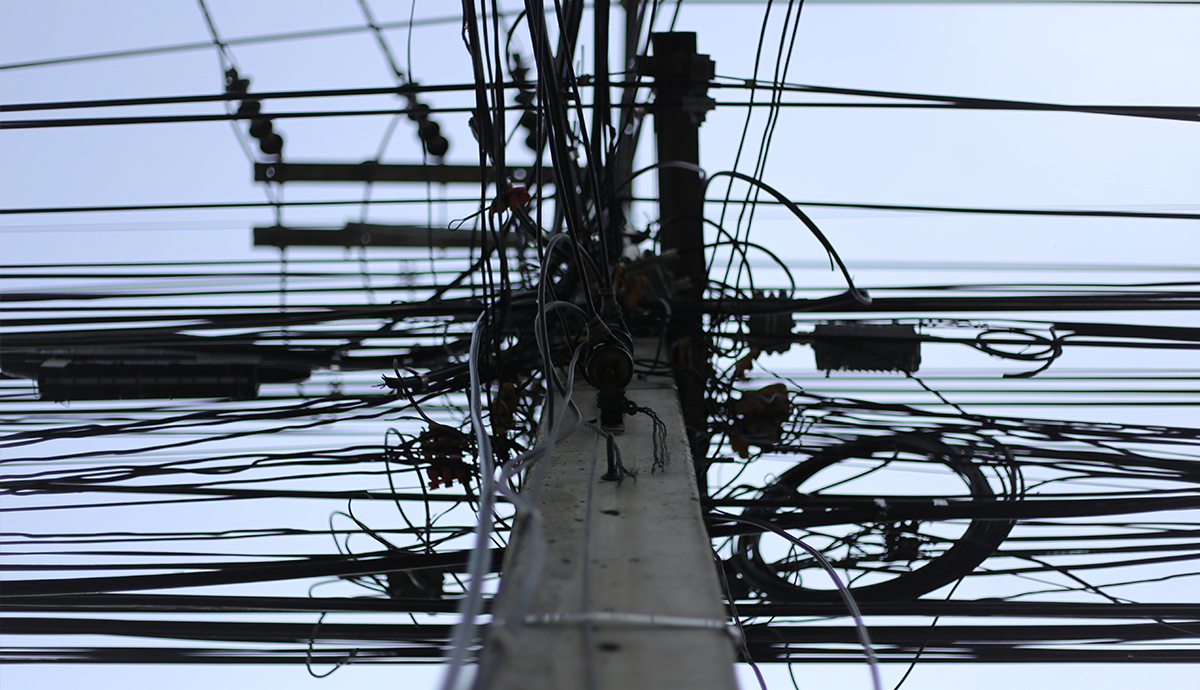Dings
Now my car has many colored dings
More in a single year than all the time
I lived in Cleveland. White smeared
Over my fender, black dot
In the middle, red swaths along
The running boards, me and my Sonata
Spinning one bent song, slipping
In lots of privilege
Where they save my favorite spots
Flipping the bird at rush hour
Forgiving the little love tap
Of the parallel park, bumping fenders
To find out just exactly where we are,
Each scratch, each imperfection
The city in blossom, flowering right
Outside my home. I rub my hand
Against them, throw out
My GPS, renounce the lane intrusion
Warning system, the automatic park,
Knowing my job to find myself
Is finally to get lost. These days I ride
Through the city remembering old ways,
Thoroughfares without street signs
Of my 22nd year, opening through a maze
Of Boston’s little neighborhoods,
Driving Memorial, Soldiers Field Road,
Thinking I’ve come home …
Cracked Springs
But what do I see tailgating behind me?
A ’74 Chevy Nova hatchback, two doors,
The rust and gold so close I can find
In the rearview the steel plate I riveted above
One rotten wheel well. Wherever I’ve been
Pulls up always fast behind me again
Those 6 cylinders never leaving me
Broken on the highway, driving to Houston,
Iowa, New York City, my star, my first ride
Firing its power even in Beijing. Even there
I felt it tailing me with its two back
Broken springs, the headlights failing in the snow
On a drive from Peterborough to Somerville,
The night ticking off the windshield
So that I pulled close to a semi and rode
Those running lights all the freeway home.
That year in Beijing my Nova was a black
Phoenix three-speed: I followed the lead
Of fire, ash, wheeled wings all around me.
Except for some thick woolen hats
My kids’ heads exposed, unbroken yolks
Leaning toward custard
In the caps of their half shells.
We shot the gap at each intersection
Like an open field running back,
My daughter, six years old,
Sidesaddle on the back rack,
On the bar my son a carpenter’s bubble
Bouncing on the level, my arm around him.
I wondered, even then, of the postmortem
Sister Carrie
Macadam, what my lessons were
At the MANCI Ohio State Prison,
A boy I met there serving 20 years:
In all languages the traffic signaled
No stop, all go, the gray spill
Of arterials into one massed circle ...
Then the stillness of the dead
In its freeze frame time,
Soused with silence. The future,
That lazy stream, raged in spring,
Landed him, finally, in a room where I—
Strange presence—was given entry:
I held forth on fate and freedom,
The thin white line broken between them,
The boy, the men, living it beyond
Any class discussion, this one lit instructor
Wondering how to love
All the different voices, Dreiser’s Hurstwood,
Just past 40, never exactly choosing
The stolen money, some mechanical lure
Driving him from the windy city,
The delight of his 19-year-old Carrie,
Who leaves him, finally, to the Hudson,
The Bowery. In the night it comes,
In daylight too, one moment we were
Never meant to choose. I asked the class
What they made of that. One student coughed
At a friend, a pair of busted glasses
Swollen around his head,
Yeah, just like you never tried
To shoot that guy! Then the room
Broke to laughter, the boy grew quieter,
20 years younger than those men.
Outside the classroom, across the maw
Of the open yard, in their solitude the guards
Questioned the necessity of any text I carried.
They wouldn’t bankrupt their children
(the prisoners attending free)
To gas on about some dumb-ass story.
Bishop Gilbert Haven
Now the rich claim squatters’ rights in Cambridge.
In the storied quad each year my colleagues
Visit the distinction, Who shall be considered human?
America always botches the question,
My unschooled upstate New York friends
Never even wishing to take part in the discussion
Banned from the Committee
On Respect, Integrity, the hallowed halls
Neglecting, anyway, to invite them to the party.
Who shall live on thy Holy Hill?
I queried Bishop Gilbert Haven.
He owned a 19th century three-decker in Malden,
Shared handsomely in the flourish
Of a New England economy
That built the slavers’ boats, textile mills
Weaving cheap cotton from Southern plantations,
Hartford Insurance commanding a clean fortune
In human trafficking. He harbored in his churches
No distinction between black and white
So presided over white flight, till in late years
He traveled to see the Mother Country,
Died of some disease contracted there
Leaving me to beg the question
Who would he have his daughter marry?
Little Piggy
First autumn after college, Charlestown High,
1979: Teacher aides hawked the halls
Like bouncers in a bar, like Nick Buoniconti
Dishing collisions to anyone near them.
The busses, police cars, steamed outside,
And in my classroom one girl, Rose,
Built like a linebacker herself, calling me
John Boy, my cheekbones, my white skin,
Goodnight, John Boy! Following me
From class to class, threatening my ass,
Flirting, flicking her lighter beneath
The window shades, daring me to call
Her a name. Or Darryl Williams,
15 years old, shot from a rooftop,
Three Irish kids catching him with a .22
Below the helmet of his halftime huddle
So that he never moved the first-down-
And-ten chains again, never carried
The pigskin. In the cafeteria high
Chinese kids steered clear of the front lines,
Savored what their mothers taught them
Of the succulence of their brown sauces,
Not one white, no black, tight around
Their 4-toned tables. Or the Angel Dusted
Irish kid, hanging the full length of his arms
Out a 3rd floor window, just for the sheer
Wilding of it, his hands swollen at the sill,
His friends tugging each red finger,
Saying, This little piggy went to market,
This little piggy had none, laughing
Hysterically, finally gathering him
Back to the room where they promised
To wait for me after school: You think
You’re going home? In the yardless yards
Patches of grass, little scattered
Oxygen masks. Everywhere around me
They never showed. Bus doors opened
Like salvage or salvation, safe passages past
The monument at Bunker Hill.



